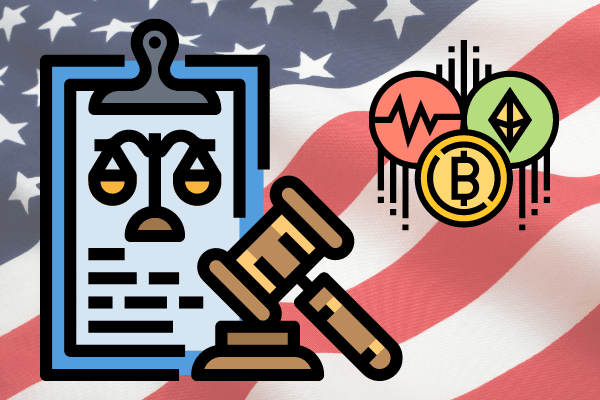Legislators in Wyoming have approved a bill that, with one small exception, forbids the state’s courts from ordering anyone to reveal the private keys to their digital assets.
On February 15, the bill was approved by a vote of 41-13 in the Wyoming House of Representatives — just one day after passing 31-0 in the Wyoming Senate. The law will go into effect on July 1 if Mark Gordon, the governor of Wyoming, approves it.
The bill reads: “No person shall be compelled to produce a private key or make a private key known to any other person in any civil, criminal, administrative, legislative or other proceeding in this state that relates to a digital asset, digital identity or other interest or right to which the private key provides access unless a public key is unavailable or unable to disclose the requisite information with respect to the digital asset, digital identity or other interest or right.”
Any private keys connected to digital assets, a person’s digital identity, or any other interests or rights that the private key offers are covered by the law.
The small exception is when a public key cannot be obtained or cannot reveal information on a digital asset, identity, or other right.
But, the statute clarified that the new law will not prevent someone from being forced to develop, sell, transfer, convey, or disclose a digital asset, digital identity, or other interest or right that a private key could grant access to.
Additionally, it does not shield a person from being forced to divulge details about a digital asset, digital identity, or other right or interest.
In July 2021, the crypto-friendly Wyoming became the first state in the United States to declare a decentralised autonomous organisation (DAO) as a limited liability corporation (LLC), and in February 2022, it contemplated creating a state-issued stablecoin.



